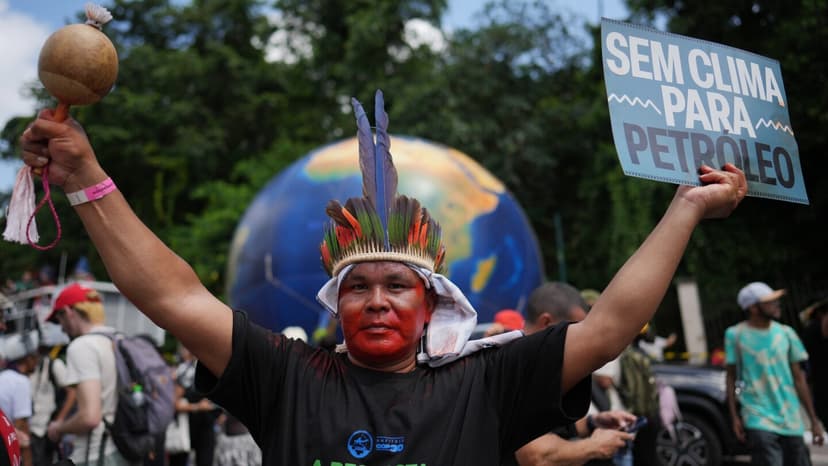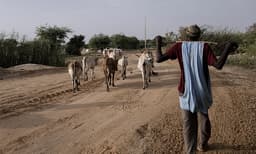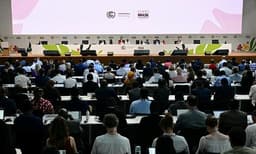Home / Environment / Indigenous Voices Dim at UN Climate Talks
Indigenous Voices Dim at UN Climate Talks
23 Nov, 2025
Summary
- Indigenous attendees felt visible but not empowered at the UN climate talks.
- Final climate text acknowledged Indigenous rights but lacked fossil fuel phase-out.
- Protests and solidarity among Indigenous groups offered a sense of empowerment.

Indigenous delegates at the recent UN climate talks in Belem, Brazil, experienced a complex mix of visibility and disempowerment. Despite Brazilian leaders' hopes for greater Indigenous inclusion, many felt their voices were not truly heard in the negotiations. The conference's primary political text did acknowledge Indigenous rights and traditional knowledge for the first time, a point of appreciation for some.
However, a significant concern among attendees was the absence of a clear roadmap to phase out fossil fuels. Nations also expressed disappointment as the final decision omitted any mention of these crucial energy sources. Brazil's new financial mechanism to incentivize forest preservation received some pledges, but critics labeled it a 'false solution' that fails to halt pollution.
Despite the outcomes, many Indigenous individuals found empowerment through solidarity and demonstrations. These actions allowed them to commune with each other and amplify their concerns on a global stage. The protests served not only to gain attention but also to foster a stronger sense of unity among diverse Indigenous nations.




